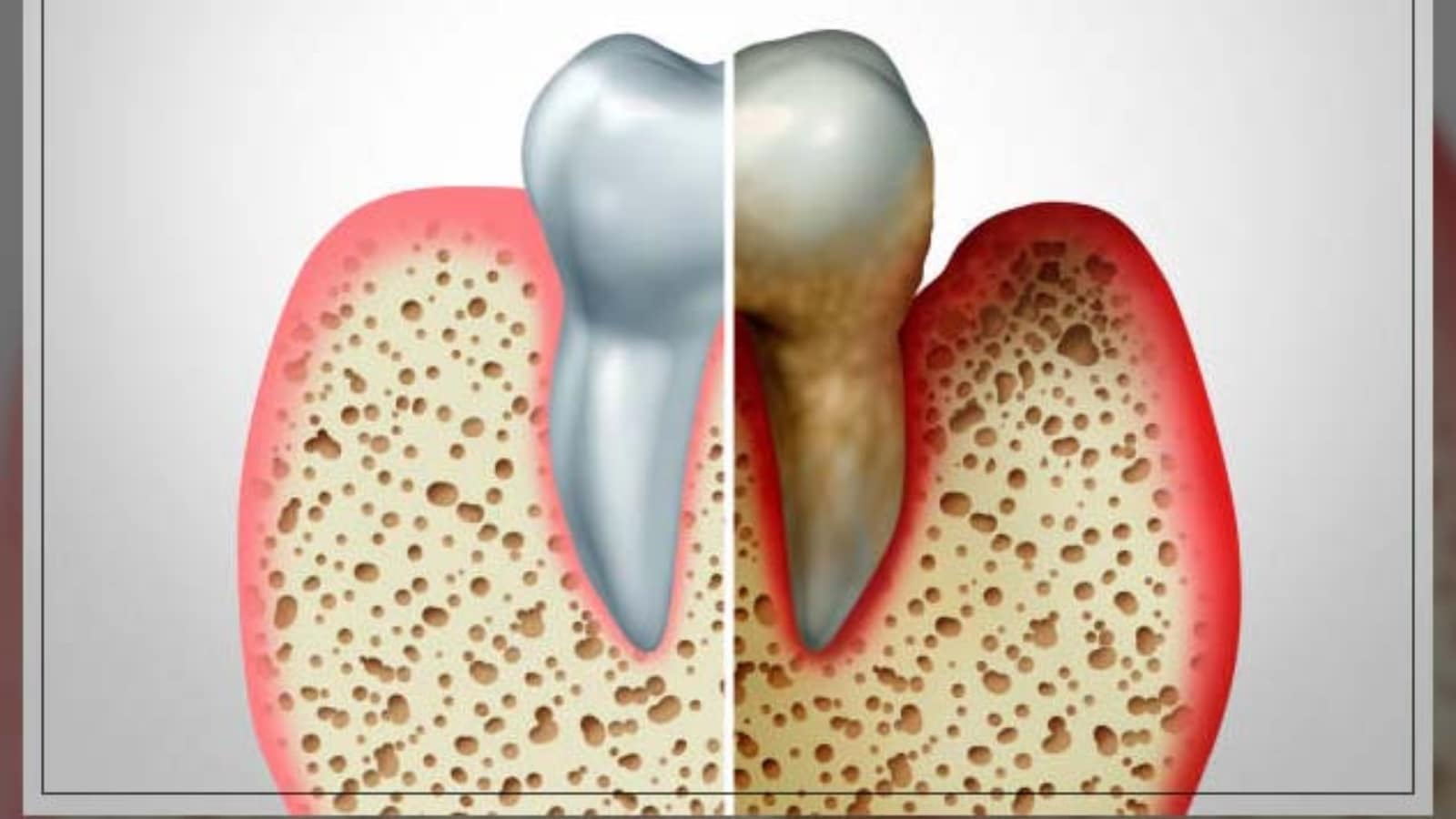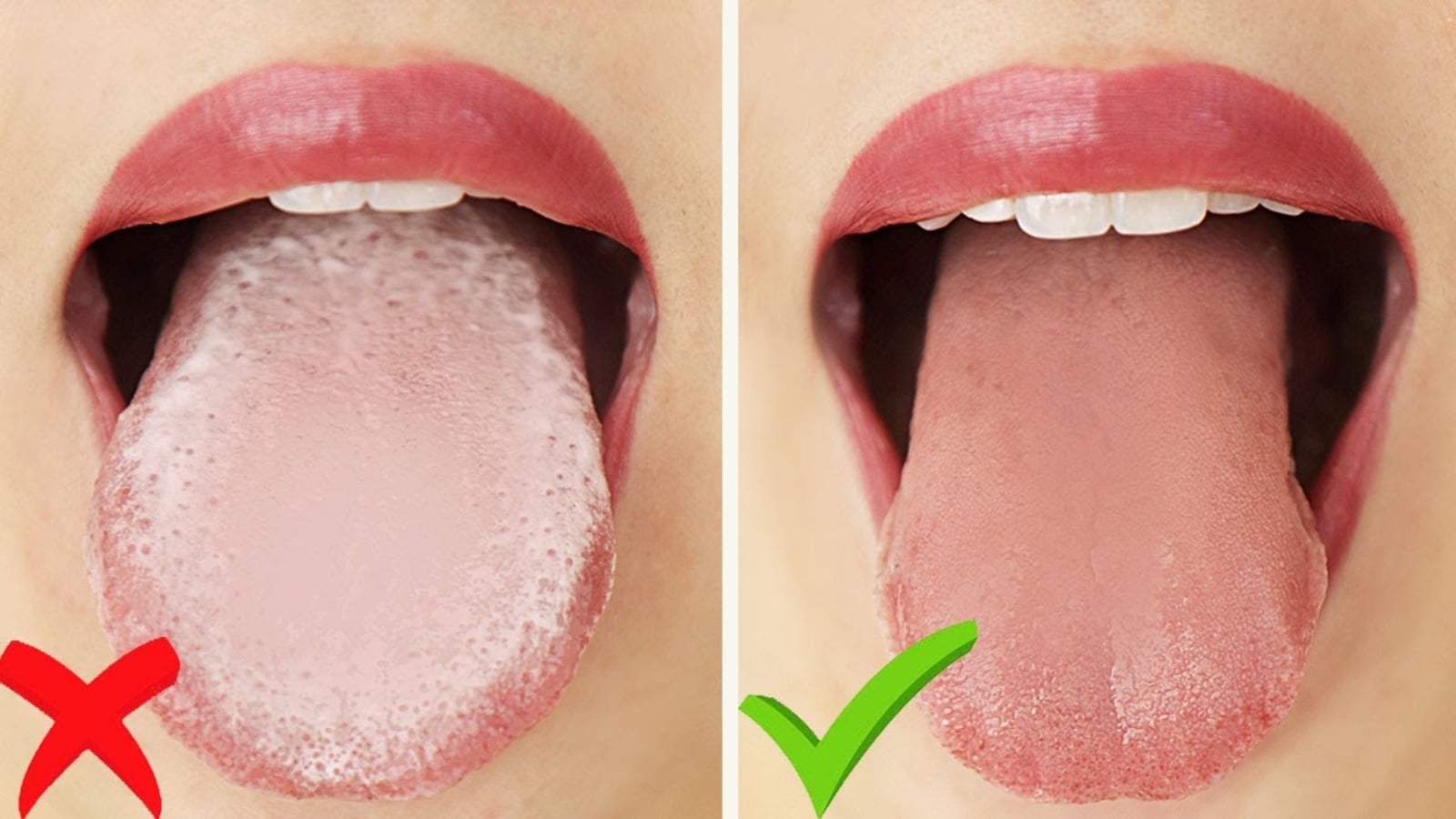
How to Care for Your Gums After a Deep Cleaning
A deep cleaning, also known as scaling and root planing, is a more thorough cleaning procedure than a regular dental cleaning. It’s recommended for individuals with gum disease or a buildup of tartar and plaque that can’t be removed with regular cleaning. After a deep cleaning, it’s crucial to take proper care of your gums to prevent the return of gum disease and maintain optimal oral health.
Understanding Deep Cleaning
Deep cleaning involves removing tartar and plaque from below the gum line and smoothing the root surfaces. This helps to reduce bacteria and inflammation, which are the primary causes of gum disease. While it may be slightly uncomfortable, it’s essential for maintaining healthy gums and teeth.
Post-Deep Cleaning Care: A Step-by-Step Guide
Rest and Recovery:
- Avoid strenuous activity: For the first few days, avoid activities that can cause bleeding or irritation to your gums.
- Soft foods: Stick to soft foods to minimize discomfort and prevent irritation.
- Ice packs: Apply ice packs to your jaw to reduce swelling and pain.
Brushing and Flossing:
- Gentle brushing: Use a soft-bristled toothbrush and brush gently to avoid irritating your gums.
- Floss daily: Flossing is crucial for removing food particles and plaque from between your teeth. Use a floss threader if your gums are sensitive.
- Mouthwash: Use a mouthwash recommended by your dentist to help kill bacteria and reduce inflammation.
Saltwater Rinses:
- Warm saltwater rinses: Prepare a warm saltwater rinse by dissolving half a teaspoon of salt in a cup of warm water. Rinse your mouth gently for 30 seconds several times a day. This can help reduce inflammation and promote healing.
Avoid Irritants:
- Tobacco and alcohol: Avoid tobacco products and excessive alcohol consumption, as these can irritate your gums and delay healing.
- Hot foods and drinks: Avoid hot foods and drinks that can burn your gums.
- Acidic foods and drinks: Limit your intake of acidic foods and drinks, such as citrus fruits and juices, as they can erode tooth enamel and contribute to gum problems.
Regular Dental Checkups:
- Follow-up appointments: Schedule regular follow-up appointments with your dentist to monitor your gum health and ensure that the deep cleaning is effective.
- Professional cleanings: Continue to get regular professional cleanings to prevent the buildup of plaque and tartar.
Preventing Gum Disease: Tips for Long-Term Oral Health
- Maintain a balanced diet: A healthy diet rich in fruits, vegetables, and whole grains can support overall health, including oral health.
- Stay hydrated: Drinking plenty of water helps to rinse away food particles and bacteria.
- Limit sugary and starchy foods: Excessive consumption of sugary and starchy foods can contribute to tooth decay and gum disease.
- Manage stress: Stress can negatively impact your immune system and contribute to gum disease. Practice stress-reduction techniques like meditation, yoga, or deep breathing.
- Quit smoking: Smoking is a major risk factor for gum disease and other oral health problems.
When to Contact Your Dentist
It’s important to contact your Butler dentist if you experience any of the following symptoms after a deep cleaning:
- Severe pain or discomfort
- Excessive bleeding
- Persistent bad breath
- Pus or discharge from your gums
- Loose teeth
- Changes in your bite
By following these guidelines and maintaining good oral hygiene, you can effectively care for your gums after a deep cleaning and prevent the recurrence of gum disease. Remember, regular dental checkups and professional cleanings are essential for maintaining optimal oral health.
Contact your Dentist today to schedule a consultation and learn more about deep cleanings and gum care.





